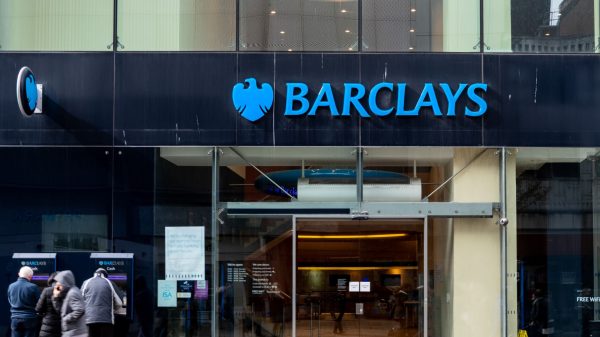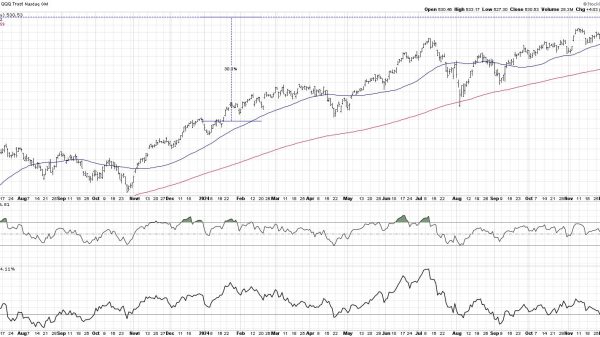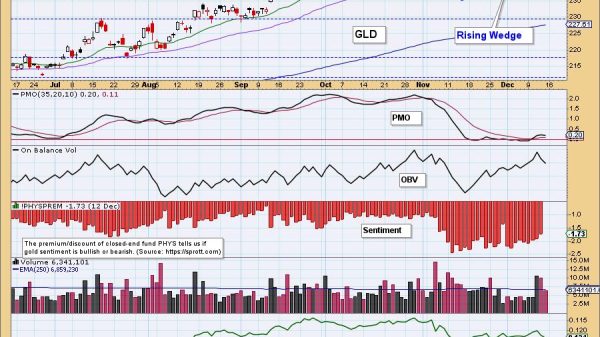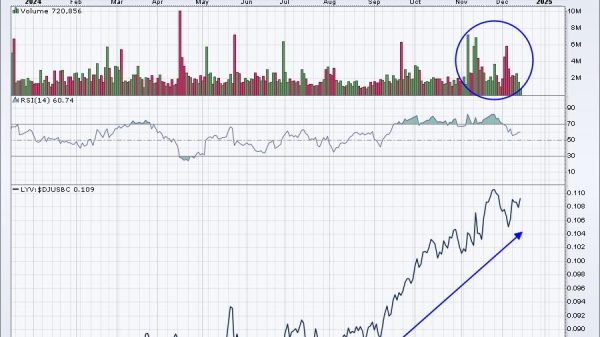What are foreign currency convertible bonds?
Foreign currency convertible bonds are issued in a currency different from the investor’s domestic currency. Convertible bonds fall in the middle of financial and debt instruments. Let’s see in detail what this trading instrument represents. We will also see what are its benefits and drawbacks.
What Does Foreign Currency Convertible Bond Mean?
A bond as a financial instrument alongside stocks and cash often used for portfolio diversification. How do investors profit from this instrument? They receive regularly scheduled interests. These interest payments are also popular as coupons. Once the maturity date comes, you get repaid for the entire bond face value. Finally, there are also corporate entities issuing foreign currency convertible bonds. What is it exactly? A bondholder can convert the bond into a specific number of shares of the issuing company.
How Do Foreign Currency Convertible Bonds Work?
A company issues a Foreign Currency Convertible Bond (FCCB) in a currency other than its domestic currency to raise capital.
The bond is offered to foreign investors, allowing them to invest without the need to deal with currency exchange issues.
FCCBs function both as debt and equity instruments.They pay regular coupons (interest) and principal payments like traditional bonds.
Bondholders have the option to convert these bonds into equity shares of the issuing company at a predetermined conversion rate.
Also, bondholders can opt to convert the bonds into equity shares after a specific period, as outlined in the bond’s terms and conditions.
The conversion rate and period are predetermined and mentioned in the bond agreement.
If the issuing company performs well, investors can convert their bonds to shares, potentially benefiting from the appreciation in share price.
If investors choose not to convert, they continue to receive interest payments and the return of principal at maturity.
At maturity, if the bonds have not been converted, the issuing company repays the principal amount in the foreign currency in which the bond was issued.
Issuing bonds in foreign currencies allows companies to hedge against currency risk, especially if they have operations or expenses in the foreign currency in which the bond is issued.
Foreign currency convertible bonds example
A U.S. company issues FCCBs in Euros to European investors.
The company pays interest in Euros and can also repay the principal amount in Euros at maturity.
European investors have the option to convert the bonds to shares at a predetermined rate, or they can opt to receive the principal amount back in Euros at maturity.
In essence, Foreign Currency Convertible Bonds offer flexibility and potential benefits for both the issuing companies and the investors. They allow companies to raise capital in foreign currencies while providing investors with an opportunity to invest in foreign companies and potentially benefit from the company’s growth through the conversion of bonds to equity.
In some cases FCCBs can lead to significant financial damage to parties involved. Here are some specific scenarios.
Scenario 1: In India for instance, the limit on foreign currency convertible bonds goes up to $750 million. Therefore, in case the exchange rates are unfavorable compared to the rupee in the repayment maturity period, then the Indian company can face considerable loss.
Benefits of FCCBs
FCCBs offer numerous advantages for both the issuer and the bondholder:
The interest rates (coupon rates) on these bonds are typically lower than traditional bank rates, reducing the cost of borrowing.
Upon conversion of the bonds, the company can decrease its debt and increase its equity capital. A favorable shift in exchange rates can lead to a further reduction in the cost of debt for the company.
Regarding bondholders , they are assured a minimum fixed rate of return. Bondholders have the opportunity to participate in the potential appreciation of the issuer’s stock value if they choose to convert their bonds to shares.
They enjoy substantial flexibility in choosing to convert their bonds and enter the capital market, or continue to enjoy a steady income stream through bond payments.
FCCBs challenges for Issuing Company
The appeal for FCCBs diminishes during a downturn in the stock exchange market.
The conversion of bonds into stocks leads to dilution of ownership and a decrease in earnings per share.The cost of principal and coupon payments escalates when the company’s performance lags, especially compared to the bondholder’s domestic currency. In situations where bondholders opt against conversion, the issuing company is obligated to settle the complete debt and interest.
FCCBs challenges for the Bondholders
FCCBs introduce credit risk and exchange rate risk.
Bankruptcy of the issuing company can eliminate the possibility of repayment at face value at maturity. Bondholders lack authority over the fixed conversion rates and prices.
RBI Guidelines for FCCB
As per the Reserve Bank of India’s (RBI) circular, the “Issue of Foreign Currency Convertible Bonds and Ordinary Shares Scheme, 1993,” oversees FCCBs. These bonds must adhere to the External Commercial Borrowings guidelines, which stipulate the following:
The FCCB must have a minimum maturity period of five years. Any put or call option should not be executable before five years. Companies are prohibited from issuing FCCBs without attached warrants. The expenses related to the FCCB issue must not exceed 4% of the issue size.
The post What are foreign currency convertible bonds? appeared first on FinanceBrokerage.
























